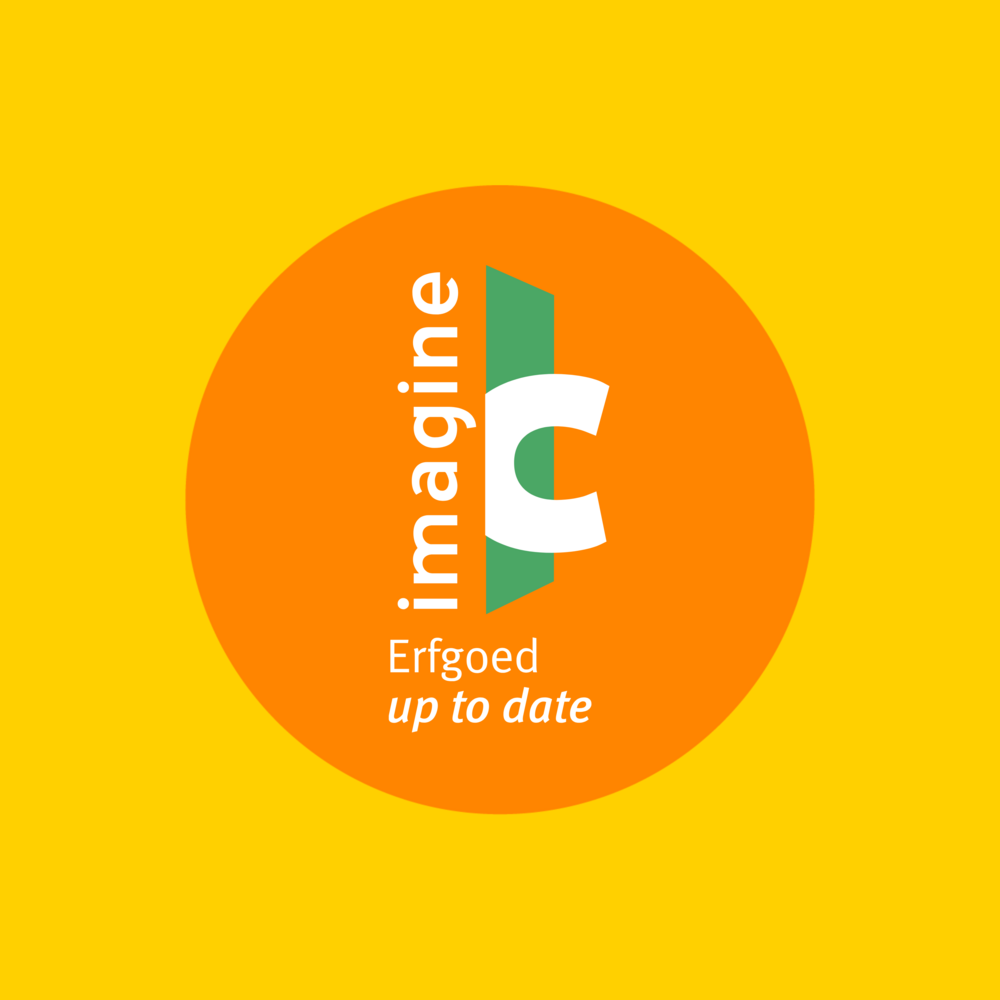Imagine IC

You must be genuinely interested in your fellow human being
WHO
Imagine IC is a mix between a museum, archive, and conversation space. It is a place-based organisation that has worked in partnership for 24 years with the neighbourhood of Amsterdam South-East, which is faced with gentrification. Their main work is to develop ‘heritage democracy’ by organising participatory meetings and working with biographical/’neighbourhood’ archives. Together with people who live and work in this neighbourhood, they organise projects and initiatives to explore heritage, its significance to people, and to diversify collections by challenging whiteness and institutional narratives. They use the working concept of ‘network’ to describe who they work with, rather than ‘community’, because people have multiple identities and are members of all kinds of communities. They are currently sharing an office and public space with the public library of Amsterdam (OBA).
Danielle Kuijten, the director of Imagine IC, and Jules Rijssen, verzamelnetwerker (network collector) for Imagine IC, shared with RECHARGE what they invest in to maintain, enrich and grow their network.
WHAT
Alongside their many wonderful programmes and initiatives – such as their emotion networking methodology developed with Reinwardt Academy, community archiving of Hiphop heritage, and exhibition - ‘Remembering with Feeling: 25 years of the Bijlmer air disaster’ – Imagine IC focuses on enlarging their network. For Danielle and Jules, this network is as vital as oxygen and so they greatly invest in personal relationship development, researching what motivates people and advocating for the impact and value of their work.
Imagine IC offers a free and accessible space where people can meet and develop things together. The people who attend the participatory meetings or work together in projects share their time, energy and knowledge. They meet each other in the space of Imagine IC, and develop things together, such as sharing recipes and gardening tips. As a host of a public space, Imagine IC facilitates discussion of and engagement with heritage by providing training, structural support (funding, etc), a listening ear, and educational tours. Imagine IC also hosts a local radio show where they invite people to discuss heritage and how they feel about it.
They have also formed business collaborations with other institutions to strengthen the durability and impact of their work, such as partnering with the public library of Amsterdam (Openbare Bibliotheek Amsterdam, OBA) to share an office and public space. As the function of a library is a place where everyone can be, meet, and learn, it fits the needs of Imagine IC very well.
HOW (challenges, lessons learned, processes, strategies, inspiration)
COLLABORATION
‘Heritage is something that we negotiate every day’, and therefore conflict and clashes cannot be avoided if working in a participatory manner. Building relationships and enlarging networks further requires a significant amount of time, which is especially challenging when working place-based as people might come for a year or two, but eventually many move away. Imagine IC uses many strategies to address these challenges:
Meet people where they are. Jules and his colleagues go to the community centers, art centers, churches, mosques, and reach out via social media, emails, newsletters and gaming community channels to try to expand the network of Imagine IC.
Hire who you want to see. If you want more young people involved, you should look to hire young people.
It is important to try to minimise the potential impacts of staff changes. A strategy that Imagine IC uses is to have all staff members, including interns, visible/present at some point in the participatory work, so different people also become more familiar faces to the network.
For this kind of work you need an open mind and patience, treating “listening as a political assignment”. This also means that not everyone is as skilled in working in this participatory manner.
Imagine IC spends time connecting with similar institutions from around the world - sharing experiences and learnings. They learn from what other institutions are doing to create and build networks in similar circumstances.
FINANCING
Imagine IC applies for their core funding every 4 years from the municipality and has to find project-funding to top this up more regularly. They have to constantly think about funding, especially as competition for funding is growing. Funding applications are time-intensive, and the European funding calls are normally too time-intensive for Imagine IC due to their small team, as well as the administration that comes with receiving such a call.
They provide a free and accessible place to meet, with events sometimes including small fees or the option to buy a ticket for your neighbour. Imagine IC thinks about reciprocity across all their participatory and co-creative work. While remuneration is normally not possible, they are researching what their target groups value and want to receive in exchange for participating in activities. The older generations for example highly value social contact and personal relationships. Now they are researching what motivates young people to invest their time into a heritage institution.
IMPACT
Over the years, Imagine IC has initiated much closer communication with their funding bodies, specifically the AFK (Amsterdam Fonds voor de Kunst). Imagine IC advocates for impact being about quality, not quantity, and therefore the personal relationships that Imagine IC invests in are a core part of their impact. They recommend that anyone facing a similar challenge think through the believed levels of impact for each activity that they do and communicate this openly, even if it doesn’t end up matching the goal.


Share